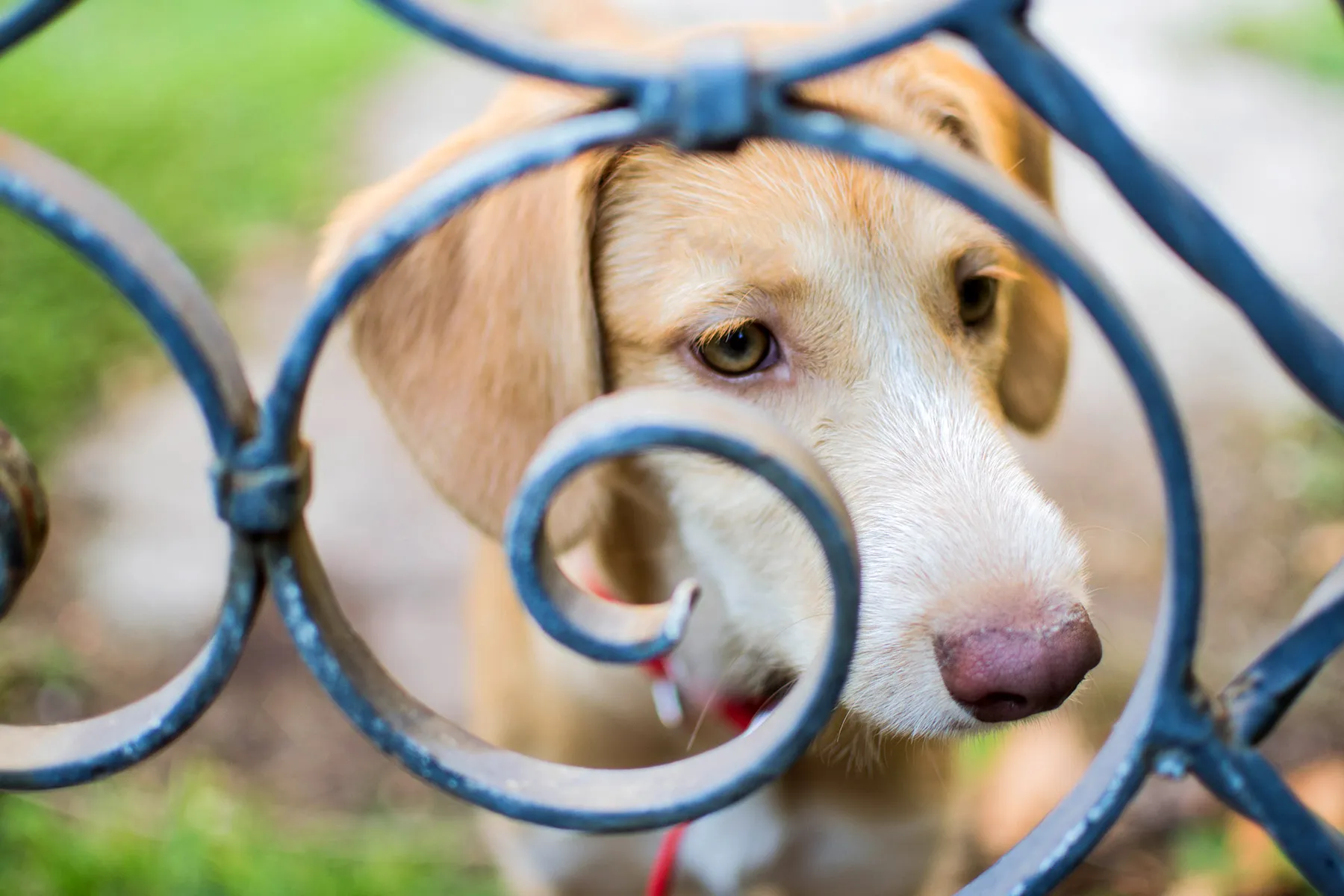
[ad_1]
After one dog died, behavior changes were common among the surviving dogs, the team found, with only about 13% of owners seeing no changes in habits.
For example, attention-seeking shot up among two-thirds of surviving dogs, while 57% started to play less often. Overall activity levels dropped among 46% of dogs, with roughly a third tending to sleep more, eat less and/or be more fearful. Three in 10 dogs barked and whined more.
The team did find that the risk for behavior changes went up the more an owner grieved.
In the study, “the level of fear in the surviving dog was positively correlated with [the] owners’ level of suffering, anger and psychological trauma,” Pirrone said.
The findings were published Feb. 24 in the journal Scientific Reports.
Patricia McConnell, a certified applied animal behaviorist, reviewed the findings and thinks all the changes cited in the study do, in fact, add up to expressions of canine grief.
“I’m gratified that the study was done, because it frankly seems impossible that dogs wouldn’t grieve,” said McConnell. “They are highly social, some of the most social mammals in the world. And as mammals, they share much of the same neurobiology and physiology that drives our own emotions.”
What should you do if one of your dogs dies?
Pirrone advised maintaining routines and staying close to the surviving dog, to “make them feel protected.”
But McConnell cautioned that — as with human grief — there’s no quick “fix.”
In advice she shares online, McConnell encourages owners to give themselves the space to grieve as well, even while knowing that “dogs can be extremely sensitive to your suffering and feel powerless to ‘fix’ it themselves.”
McConnell also suggests spending time “talking” to your dog to maintain a connection, while also striving to follow a blend of old daily routines and new stimulating activities.
But in the end, she said, “dogs need something similar to what we need: gentleness, caring concern and time, time, time.”
More information
There’s more on human-pet relations at U.S. Department of Health and Human Services.
SOURCES: Federica Pirrone, DVM, PhD, lecturer, veterinary ethology and animal welfare, department of veterinary medicine and animal science, University of Milan; Patricia McConnell, PhD; certified applied animal behaviorist and expert, companion animal behavior and the biology and philosophy of human/animal relationships, and adjunct professor, zoology, University of Wisconsin-Madison; Scientific Reports, Feb. 24, 2022
[ad_2]
Source link








